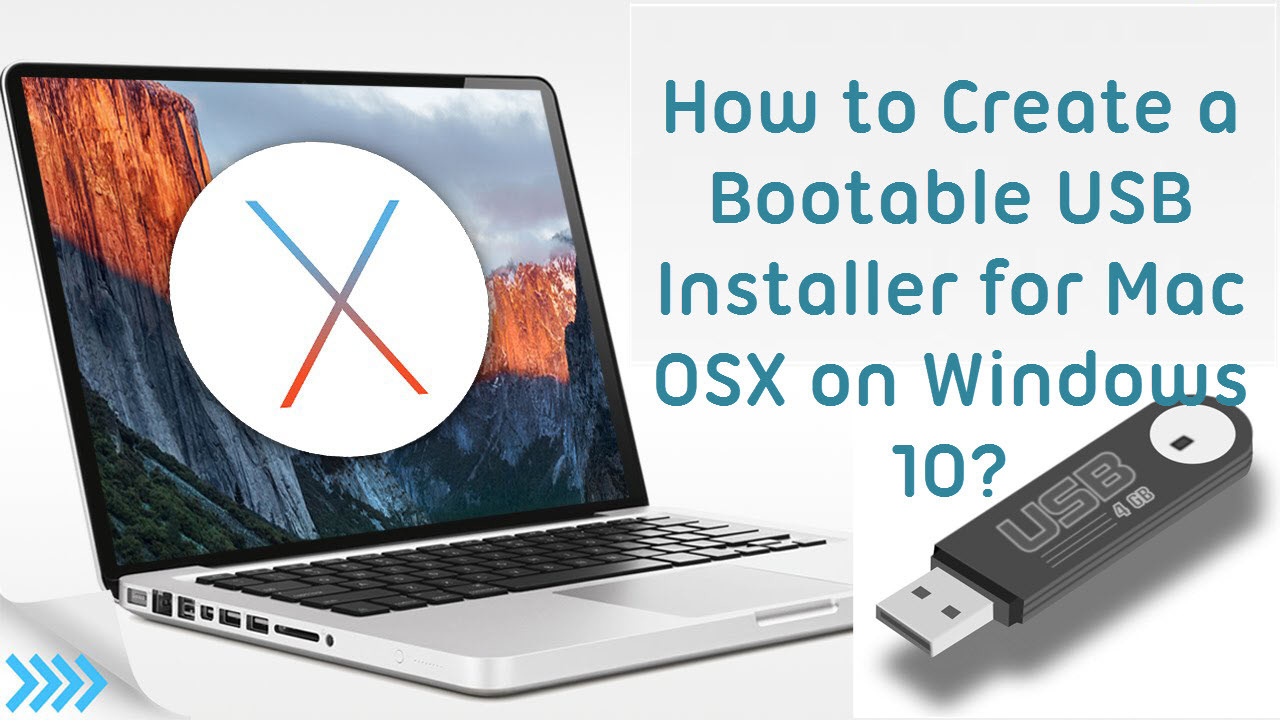Learn how to use Disk Utility to create a bootable OS X Yosemite installer on just about any bootable media, including flash drives, and SSDs. To download the Yosemite installer, click here. The installer is free, though you'll need to be signed in to the Mac App Store to download it. After it downloads, the installer app may automatically launch. Quit out of the installer if it does. You'll need to make sure that external hard drive or USB drive is properly formatted for the Mac.
It can be quite easy making an update to the OSX 10.10 Yosemite from the Mac App store for one computer, but when it comes to making updates for several Macs, or even doing a fresh install, you might find it really stressful having to make those updates separately. One way to save yourself the hassle is grabbing the Mac update on a USB thumb drive and installing the update using same drive on all your Macs.
It is important to note that running the Yosemite update on your Mac before following the below procedures would erase the installer from your Applications folder. So it is necessary you firstly perform this tutorial using any of the below methods, unless you wish to download a fresh copy of the update again from the app store. Let’s move on to the tutorial.
- Must Read:MAC OS X vs PC Windows – Which Should I Choose / Buy?
Things You’ll Need
- A Mac
- An 8GB USB Flash Drive or larger where you would be burning the OSX Yosemite copy to.
- The OS X 10.10 Yosemite installer from the Mac App Store in your Applications folder
- An Administrator account on your Mac
Method 1: Using DiskMaker X
Using Diskmaker X is the easiest way to burn or make a bootable USB Flash drive. Here is how to go about it.
1. You need to download the Yosemite installer as stated above from the Mac App Store and DiskMaker X .
2. Insert your 8GB (or larger) flash drive into your MAC. Make sure you must have backed up all important stuff, as you will loose them in this process from the flash drive.
3. Launch DiskMaker X. The app will offer to make installers for OS X 10.8, 10.9, and 10.10. Since we wish to install Yosemite, you will have to select 10.10 and let DiskMaker X handle the rest. DiskMaker X would find the Yosemite Installer and have it installed on your thumb drive. If it doesn’t find it, you can click on “Select an Install File” so you can easily navigate to the installer.
After the whole process must have been completed, you can now use this flash drive to install OSX Yosemite to any MAC. It’s actually that simple.
Method 2: Using Terminal
Create Yosemite Usb Installer Windows 10
If for some reasons you couldn’t get DiskMaker X working for you, you might want to follow this geeky steps using Terminal to achieve same result.

1. Firstly Download the Yosemite installer.
2. Insert your 8GB (or larger) flash drive (make sure you assign a name to it – I’ll be using Untitled as my drive name for this tutorial). Make sure you format your USB flash drive in OS X Extended (Journaled) using Disk Utility.
3. Launch the Terminal application on your MAC. Then type (or copy and paste) the following command into your Terminal window. Make sure you replace Untitled with the name of your drive. Then hit Enter on your keyboard.
sudo /Applications/Install OS X Yosemite.app/Contents/Resources/createinstallmedia --volume /Volumes/Untitled --applicationpath /Applications/Install OS X Yosemite.app --nointeraction
4. Now you would be prompted to type in your password, then press Enter again.
Allow terminal to complete the process (this could take close to half an hour). You can take out your USB Flash when you get the Done prompt. After it’s done, you should be able to use your USB Flash drive as a bootable disk to install OSX 10.10 Yosemite on any MAC computer.
Note: The Bootable USB Flash drive would not only be used to install Yosemite on Mac computers, but would also have utilities like Disk Utility and Time Machine recovery.
- Must Read:All There Is To Know About Windows 10
Create Yosemite Usb Installer On Windows
To make use of this thumb drive to install the OSX 10.10 update, you can change the default Startup Disk in System Preferences or by holding down the Option key at boot and selecting the drive.
I hope you find this useful.